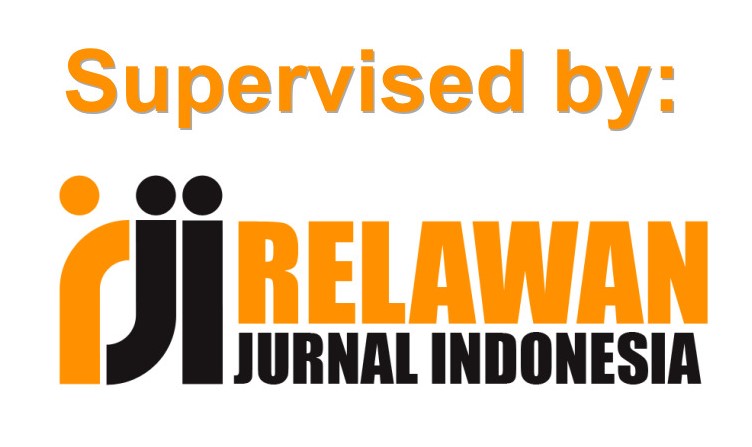PENERAPAN METODE MUSICAL FEELING DALAM BELAJAR TARI ZAPIN MELAYU DI SANGGAR TARI TAMORA 88
DOI:
https://doi.org/10.24114/senitari.v7i1.11906Abstract
Abstract − The thing that becomes the background of this research is the difficulty often faced dancers in a move that suits the taste of music, mainly on the acquisition of a sense of musicality (wirama) and appreciation (wirasa). The purpose of this study is to describe the mastery wiraga, wirama, and wirasa dancers, and how the application of mastery of musical feeling in studying dance and musical influence of feeling on the process of learning dance dance Zapin Melayu disanggar Tamora 88. The theory used in this research is the theory Musical Feeling (Carl.E.Seashore 1938: 2). This study aims to determine how the application of a person's sense of musicality while studying dance Zapin Melayu namely Tari Zapin dance disanggar Dedeng Missing Moon Tamora 88. The population in this study is the dance studio Tamora 88, of this population is taken Tamora 88 dancers from the studio. This research method is qualitative. Implementation of qualitative methods can not be separated in the data collection is done with obsesrvasi, literature, documentation. This study discusses the application of methods Musical Feeling in learning Malay Zapin dance at the dance studio dancers Tamora 88 to facilitate the mastery wiraga, wirama and wirasa. The results of this research is the mastery wiraga, wirasa, wirama dancers and the implementation of a method of musical feeling in learning dance Zapin Dedeng Missed the Moon by the dance studio Tamora 88, whose application greatly affect the quality of the dancers dance studio, especially in the sense of music appreciation and rote, both in the process of learning dance as well as the overall results of the dance. Keywords: Musical feeling, Dancing Dedeng Missing Moon, TamoraDownloads
Issue
Section
License
Copyright (c) 1970 Putri Utami, Tuti Rahayu, Iskandar Muda

This work is licensed under a Creative Commons Attribution-ShareAlike 4.0 International License.
Authors published with the Gesture: Jurnal Seni Tari agree to the following terms:
- Authors retain copyright and grant the journal the right of first publication with the work simultaneously licensed under a Creative Commons Attribution License (CC BY-SA 4.0) that allows others to share the work with an acknowledgment of the work's authorship and initial publication in this journal.
- Authors are able to enter into separate, additional contractual arrangements for the non-exclusive distribution of the journal's published version of the work (e.g., post it to an institutional repository or publish it in a book), with an acknowledgment of its initial publication in this journal.
- Authors are permitted and encouraged to post their work online (e.g., in institutional repositories or on their website) prior to and during the submission process, as it can lead to productive exchanges, as well as earlier and greater citation of published work. (See The Effect of Open Access)







